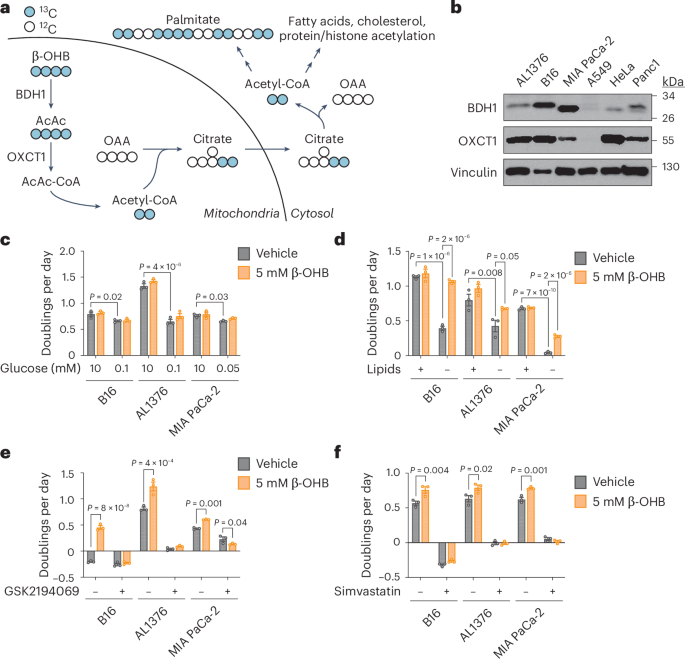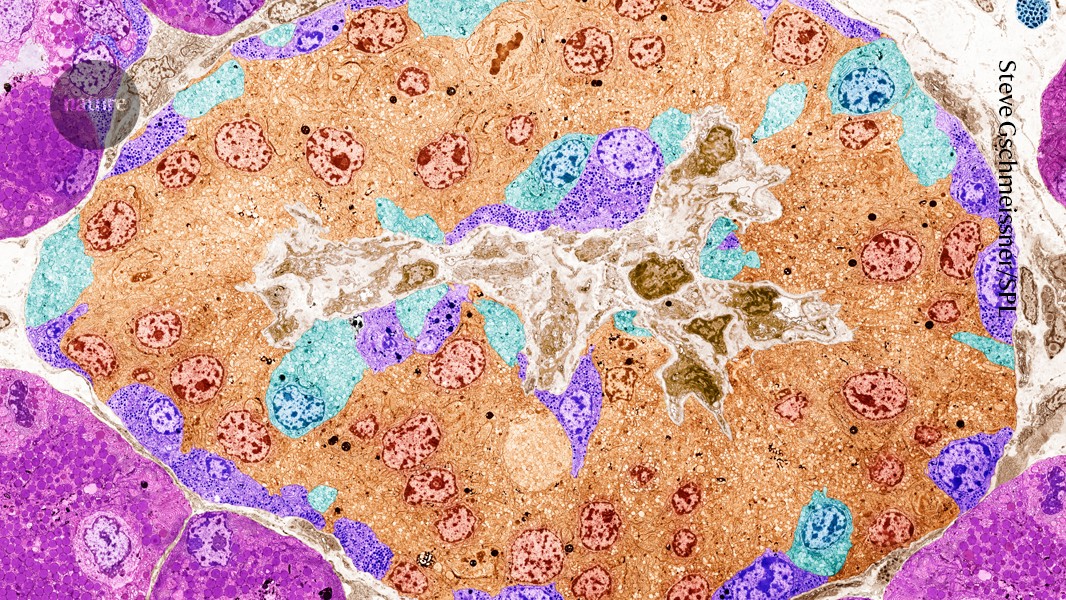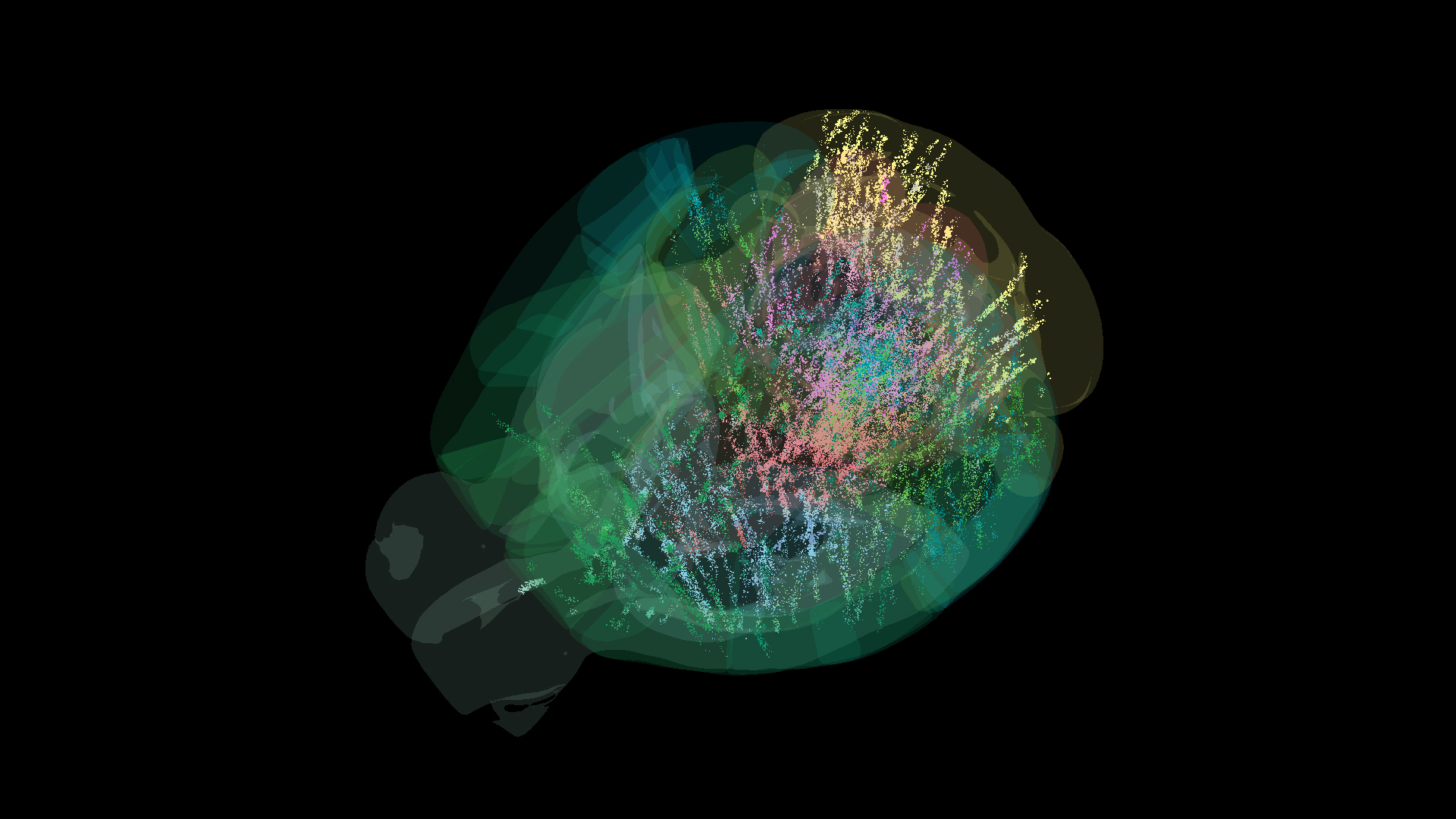It’s hard being in space. You’re isolated from friends and loved ones, your mitochondria get damaged, you get dumber, and you might just get stranded for months at a time (and get under $1,500 for it). Oh, and according to a study just published, your critically important stem cells become insomniacs, which causes you …
Read More »Tag Archives: cells
An alternative route for β-hydroxybutyrate metabolism supports cytosolic acetyl-CoA synthesis in cancer cells
Under fasting conditions or low glycemic diets (such as a ketogenic diet or calorie restriction) that decrease blood glucose levels, ketogenesis occurs predominantly in the liver to produce ketone bodies. Ketone body oxidation then contributes to energy metabolism for extrahepatic tissues, thereby sparing glucose1. We and others recently demonstrated that some cancer cells can also metabolize β-hydroxybutyrate (β-OHB)2,3,4. β-OHB oxidation …
Read More »This common sugar builds stronger cancer-killing T cells
For cancer, and infection-fighting T cells, glucose offers far more than a simple sugar rush. A new discovery by Van Andel Institute scientists reveals that glucose, an essential cellular fuel that powers immune cells, also aids in T cells’ internal communication and boosts their cancer-fighting properties. The findings may help optimize T cells’ ability to combat cancer and other diseases. …
Read More »Human stem cells age more rapidly in space, study finds
While scientists are still working to understand the effects an extended trip to space can have on the human body, research in recent years has suggested that astronauts may experience some pretty dramatic changes on both the physiological and psychological levels. In the latest study led by a team at University of California San Diego, researchers found signs of accelerated …
Read More »Neuroscientist reveals the best exercise for growing new brain cells – The Times of India
Neuroscientist reveals the best exercise for growing new brain cells The Times of India Source link
Read More »Space travel may accelerate the aging of stem cells by as much as 10 fold, study says
Traveling to space is brutal on the body. Spaceflight can cause astronauts’ bones to lose density, their brain and eye nerves to swell, and their genes to change expression. Research suggests spending time in space is akin to fast-tracked aging. NASA’s pioneering study of the identical twin astronauts Mark and Scott Kelly tracked signals of aging in both men while …
Read More »CRISPR-edited cells pump out insulin in a person – and evade immune detection
Pancreatic islets (artificially coloured) no longer secrete sufficient insulin in people with type 1 diabetes. Credit: Steve Gschmeissner/Science Photo Library In a medical first, researchers report that they have implanted CRISPR-edited pancreas cells into a person with type 1 diabetes. The cells pumped out sugar-regulating insulin for months — without the need for the recipient to take immune-dampening drugs, thanks …
Read More »Stem cells age faster in space, study reveals
Facebook Tweet Email Link Spaceflight makes certain human stem cells age faster, a new study has found, furthering scientists’ understanding of the potential effects of space exploration on the human body. Stem cells are found throughout the body, and they can make more of themselves or turn into other specialized cells — including blood, brain or bone cells — for …
Read More »Map of 600,000 brain cells rewrites the textbook on how the brain makes decisions
Researchers have completed the first-ever activity map of a mammalian brain in a groundbreaking duo of studies, and it has rewritten scientists’ understanding of how decisions are made. The project, involving a dozen labs and data from over 600,000 individual mouse brain cells, covered areas representing over 95% of the brain. Findings from the research, published in two papers in …
Read More »Chronic Stress Sends Immune Cells to Brain, Driving Depression
Summary: A new study shows that chronic stress causes immune cells called neutrophils to leave bone marrow in the skull and collect in the brain’s protective membranes, where they contribute to depressive symptoms. In mice, blocking an immune “alarm” pathway reduced these cells and improved mood-related behaviors. The findings highlight how stress reshapes the brain’s immune environment and suggest why …
Read More »







